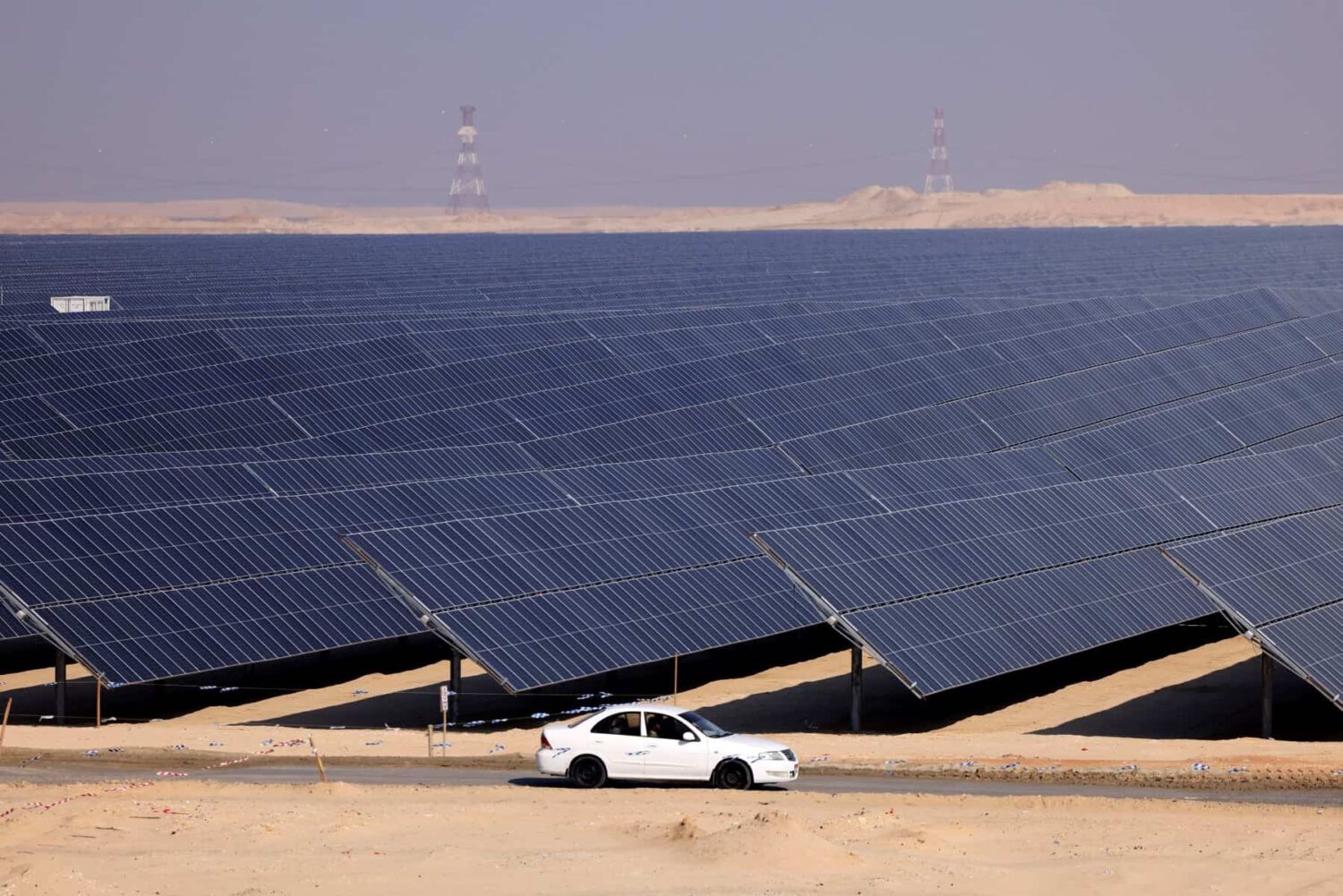Dubai, UAE — Xlinks First Limited has raised 30 million UK pounds ($37 million) in an early development funding round, after having secured 25 million pounds of investment from Abu Dhabi National Energy Company (TAQA) and 5 million pounds from Octopus Energy Group, an energy technology firm.
With this funding, Xlinks will undertake development of plans to lay the world’s longest high-voltage direct current (HVDC) subsea cables between the UK and Morocco, passing Portugal, Spain and France as part of the Morocco – UK Power Project.
It is one of several first-of-a-kind long-distance renewable energy generation and cross-border export project being planned globally, addressing the growing demand for firm power capacity.
Xlinks will supply the UK with 3.6GW of renewable energy-sourced electricity amounting to nearly 8 percent of the nation’s current requirements and enough to power seven million British homes by the end of the decade.
The UK’s Department for Energy Security and Net Zero has established a dedicated team to work with Xlinks to consider the project’s merits and understand how it could contribute to the UK’s energy security.
The electricity will be generated in the Guelmim Oued Noun region of Morocco by a 10.5GW facility of solar and wind farms, supported by 20GWh/5GW of battery storage. The facility will be connected to the UK power grid in Devon, Southwest England, via four 3,800km subsea HVDC cables, which will be manufactured in the UK.
This project will rely on the Moroccan renewable energy expertise whilst supporting its leading role globally in the fight against climate change, providing further value to its natural resources, and reinforcing its renewable energy export strategy. The project will create around 10,000 jobs in Morocco during construction and lead to significant foreign direct investments in the country.

